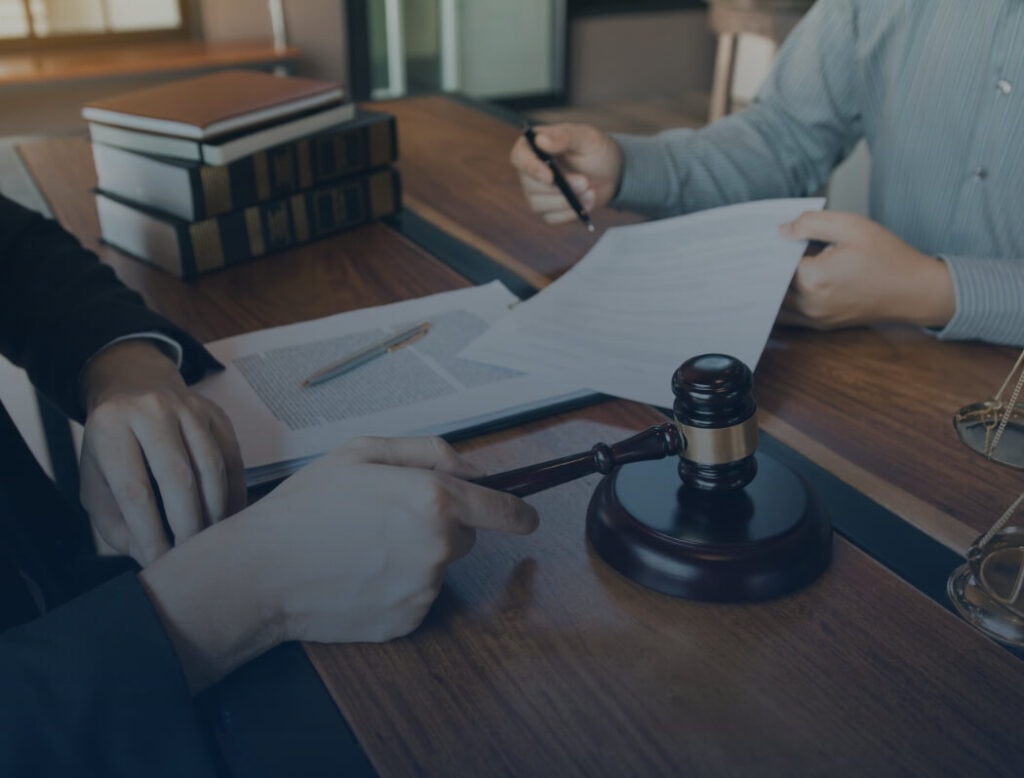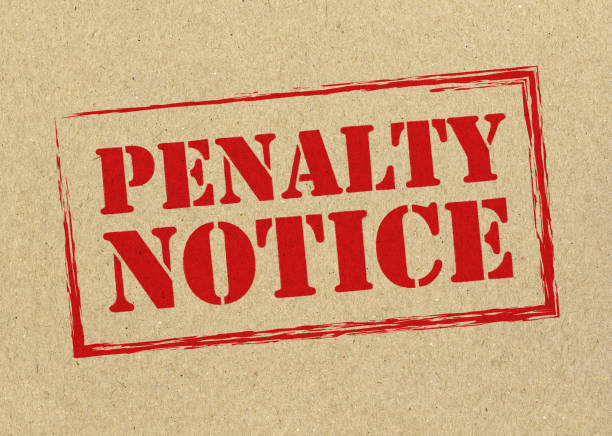An infringement notice in NSW is a formal notice that a government authority issues when a person has committed a minor offence or violation of the law. An infringement notice in NSW can also sometimes to known as a penalty notice.
The notice typically includes information about the offence, the penalty or fine that applies, and instructions for payment or how to challenge the notice if the person believes it they received it in error. The maximum penalty may differ depending on the offence.
Authorities can issue Infringement notices or penalty notices in NSW for a range of offences including traffic violations such as speeding or parking violations, as well as other offences such as littering, failing to comply with a smoke-free area, and some minor criminal offences. You may also get a penalty reminder notice.
The penalties for these offences can vary, but typically involve a fine that the party must pay within a specified time frame, otherwise, authorities may take further action. If a person receives an infringement notice in NSW, they have several options. They can choose to pay the fine, which is often considered an admission of guilt.
Alternatively, they can choose to challenge the notice by requesting a review or attending court to contest the offence. In some cases, a person may be able to request a payment plan or seek a reduction in the fine if they can demonstrate financial hardship.
Types of Offences
As mentioned, parties may get an infringement notice in NSW for some minor offences. In this section, we will explore the types of offences that may attract a penalty.
Public Transport Offences
Parties may receive such penalty or infringement notices for public transport offences. Public transport offences in NSW include:
- placing your feet on seats
- travelling on a train without a ticket
- littering on a train
- smoking on a train or in covered or enclosed areas of a train station
- damaging or vandalising a train.
In such cases, when a party receives an infringement notice in NSW, they can pay the penalty fine or overdue fine before the due date through Revenue NSW. To view the website or contact Revenue NSW you can click here. In this article, we look at some other scenarios where parties may receive infringement notice in NSW.
Local Council Offences
This can include offences for which local council can fine someone. These include offences such as:
- parking offences
- not cleaning up after your dog
- wasting water
- damaging public property
- illegal dumping, littering and pollution
- continual barking by your dog
- not having your pet properly registered.
Many a times, council may also take a photo of the alleged offence. In the case, you can view it by contacting the council.
Failure to Pay Toll Notice
In the event that you use a toll road and do not make the payment, the operator of the vehicle that is registered will be issued a toll notice. The notice requests payment of the toll along with an additional administrative fee, rather than a fine.
Upon receiving a toll notice, there are three options available: paying the toll, disputing the toll charge, or submitting a statutory declaration indicating that someone else was driving the vehicle at the time of the toll charge.

Infringement Notice NSW Family Law
Sometimes, in more serious cases in family law, the NSW Police or other relevant authorities may issue notices for violations such as child custody, domestic violence, or child support.
Child custody infringement notices are issued when a person violates a court order or agreement related to the custody or access of their child. This may include denying the other parent access to the child or failing to return the child to the other parent after their agreed-upon time together. The infringement notice will outline the specific violation and the consequences, which may include a fine or even imprisonment in some cases.
Domestic violence infringement notices may be issued when a person breaches a restraining order or apprehended violence order (AVO). This can include acts such as physical violence, stalking, or intimidation. The infringement notice will specify the breach and the penalties that may apply, which can include a fine or imprisonment.
Child support infringement notices may be issued when a person fails to pay the required child support payments. The notice will outline the amount owed and the consequences of failing to pay, which can include fines or even imprisonment in extreme cases.
Review or Appeal an Infringement Notice NSW
In some cases, parties may wish to review the notice that they receive. They may choose to review an infringement notice in NSW if:
- they have extenuating personal circumstances;
- there has been a mistake in issuing the penalty notice;
- they are requesting leniency based on their history (for example, in case of minor traffic offence, if they have a clean driving history with a clean driving record)
You can follow these steps:
- Request a review: The first step is to request a review of the infringement notice. You can do this online, by mail, or in person at a service center. You will need to provide your name, address, and the penalty notice number. You will also need to explain why you believe the notice is incorrect or unjustified.
- Wait for the outcome: After you have requested a review, the authority responsible for issuing the notice will consider your request. They will review the evidence and make a decision on whether to withdraw, vary, or confirm the notice. You will be notified of the outcome in writing.
- Appeal the decision: If you are not satisfied with the outcome of the review, you may be able to appeal the decision to a court. This process varies depending on the type of infringement notice, but typically involves filing an appeal with the relevant court and attending a hearing to present your case.

Importance of Seeking Advice from Lawyers
If you are looking to review the infringement notice, you must note that there are strict time limits to follow. Moreover, an infringement notice is a legal document, and failing to respond or pay the fine can lead to additional penalties, such as local court magistrate appearances, fines, or even imprisonment in certain circumstances.
Seeking legal advice from a qualified lawyer can help individuals understand their rights and obligations and guide them through the process of responding to an infringement notice in NSW.
This is a serious matter and should not be taken lightly. Especially, if you receive an infringement notice related to family law in NSW, it is recommended that you seek legal advice as soon as possible.
A family law solicitor can help you understand your rights and obligations and guide you through the legal process. As we have seen, it may be possible to challenge an infringement notice if you believe it was issued in error or if there are extenuating circumstances.
This can include situations where you were unable to pay child support due to a loss of income, illness, or other unforeseeable circumstances. To read other blogs such as blogs on demerit points, click here.
For more information, do not hesitate to speak to our leading team of lawyers today.
